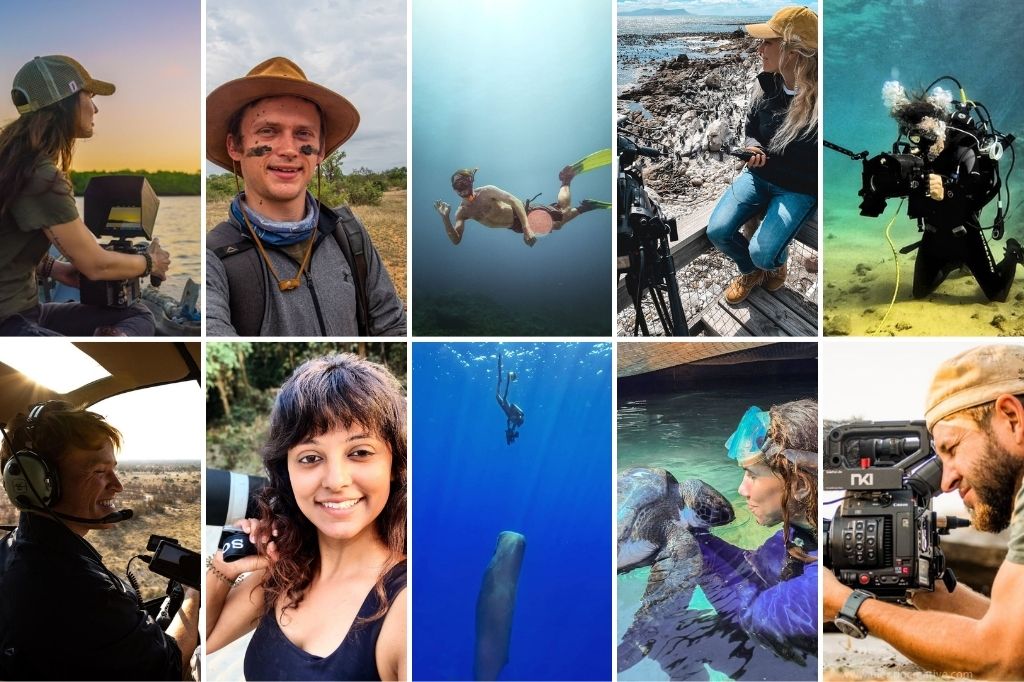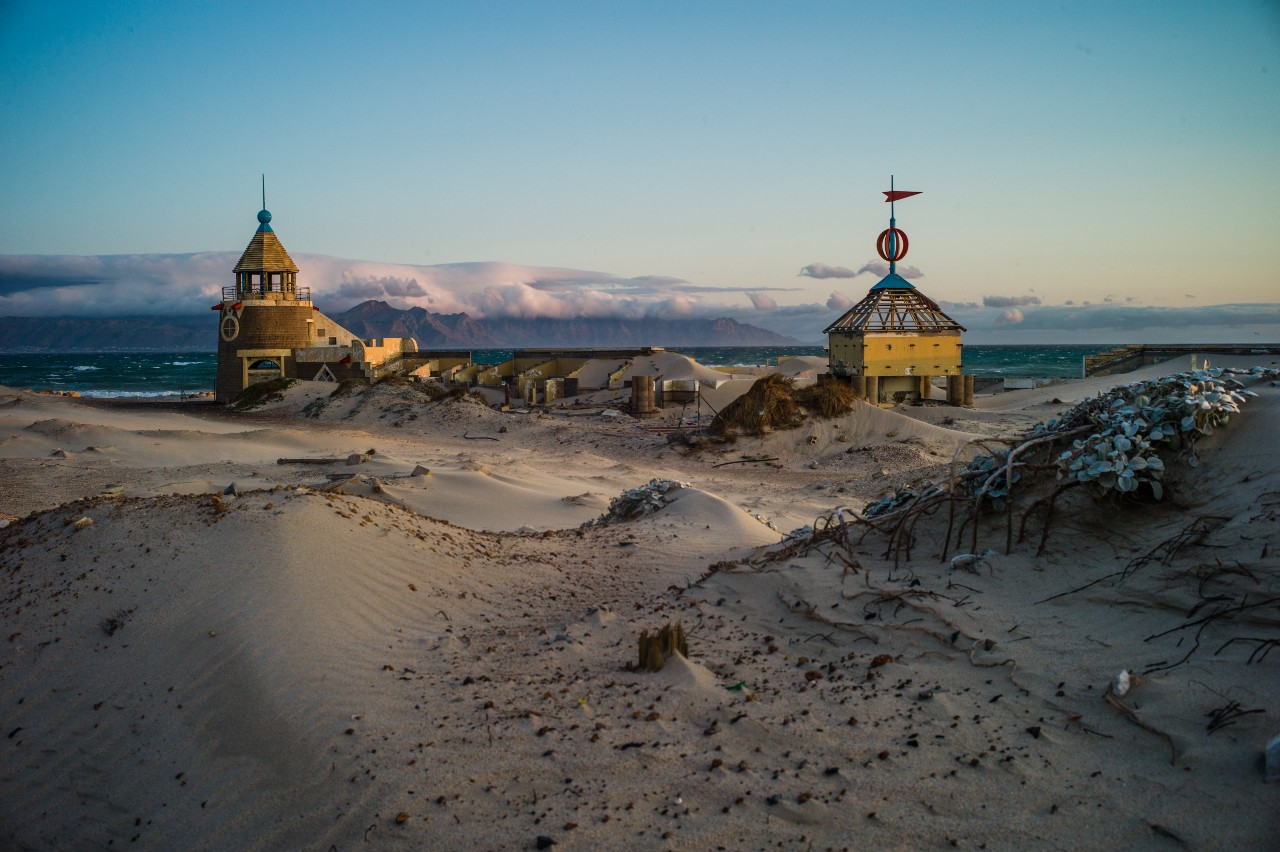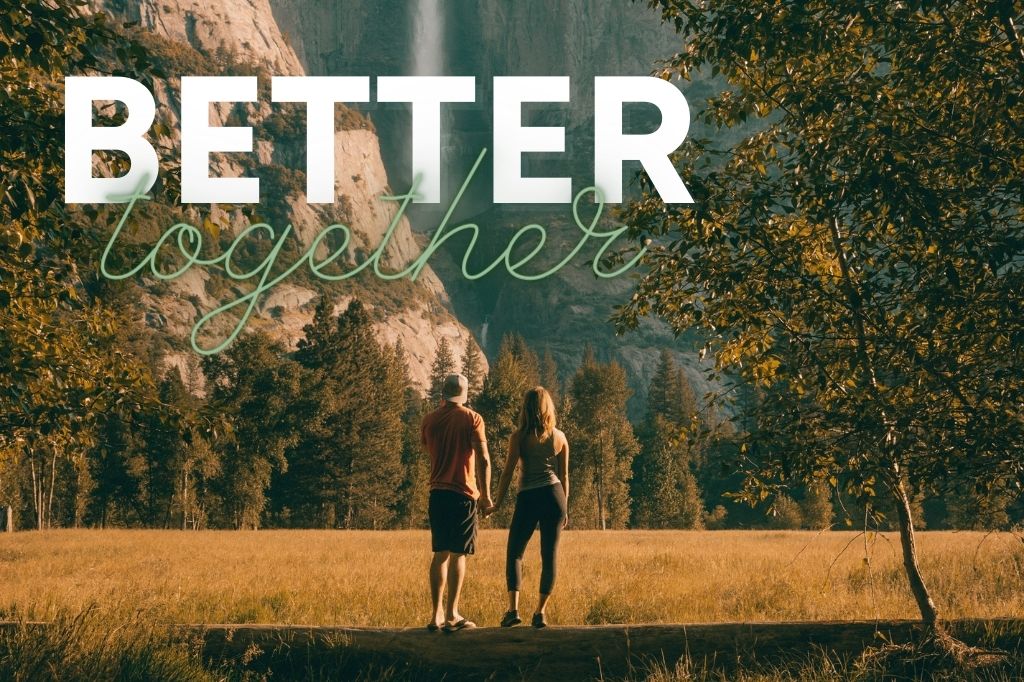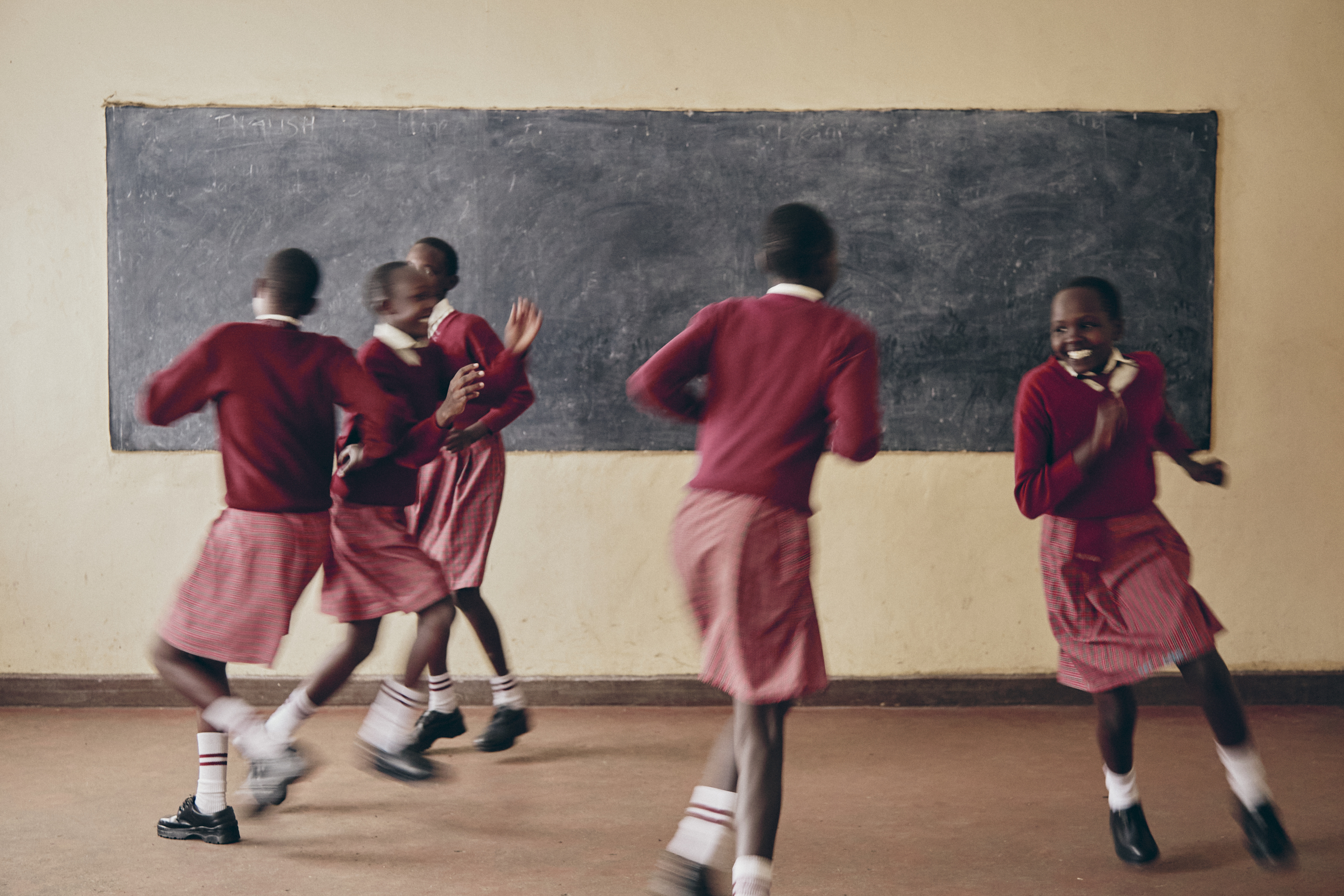Wayne Hipe Robertson has solidified his reputation as a highly esteemed artist across various creative domains. His extensive portfolio boasts collaborations with renowned brands like Redbull, Standard Bank, Jive, Puma, Fujifilm, and Cape Union Mart. He’s produced music for local and international hip-hop icons and has emerged as a prominent figure in South Africa’s street photography scene. With a diverse range of talents and accomplishments under his belt, there’s not much he can’t do. We sat down with the visionary street photographer to delve into his photographic journey, unpack his creative process, and learn more about how he creates his spellbinding work.
How did you get started in street photography, and what drew you to this genre in the first place?
I started exploring photography in the early 2010s, with the rise of Instagram and the popularity of the iPhone. I was inspired by names such as Evidence and 13th Witness, who were big on Instagram around that time for shooting cityscapes and were also somewhat aligned with the hip-hop industry, where most of my focus was at the time. They were shooting a lot of cityscapes, so I naturally started off only focussing on cities and middle-of-the-road photos (vanishing points) at sunset because my early introduction to photography made me believe that the golden hour was the only time to shoot. This was the style of photography that ended up being my “claim to fame,” as I was one of the first to bring this type of street photography to the South African digital world.
Over the years, my photography style has changed a lot. I’ve become more observant and started settling into my own style and form of photography. Around late 2019 and early 2020, I began to focus more on people and made them the focus of my work. It’s always been important to me to shoot the everyday person.

What do you find most challenging about street photography, and how do you overcome those challenges?
For me, the most challenging aspect of street photography is the commitment it demands. To capture everyday moments, you have to be out on the streets for long periods. There are days when self-doubt creeps in, and I question why I even need to go out and shoot. But then I try to let go of the pressure to create and just take my camera for a walk. If I find something dope then I shoot it. If not, there’s always tomorrow. Street photography is about embracing unpredictability and allowing the city and the people to tell their own stories in their own time.
Could you describe your typical gear setup when shooting on the streets? Are there any specific cameras or lenses you prefer?
My gear setup has evolved over the years. I initially started shooting with an iPhone, which made me accustomed to the wide-angle perspective typical of smartphones, ranging from about 24mm to 35mm. This led to a natural progression of using wide-angle lenses with DSLRs, a style I stuck with for roughly a decade.
But in recent years, I’ve come to love telephoto lenses. I currently carry a wide-angle and a telephoto lens with me everywhere I go. This combination allows me to capture the dynamic range of scenes in different environments, from the sweeping landscapes to the intimate details. The gear I choose depends on the story I aim to tell and the subject.

Street photography often involves capturing candid moments. How do you approach and interact with your subjects, if at all?
I’m pretty stealth-like, people often don’t even notice me, even though my camera is always visible, either in my hand or around my neck. When I interact with my subjects, it’s most likely because they’ve approached me.
What are your favorite locations or cities to photograph, and what makes them special?
I predominantly shoot in Cape Town, but I always push myself to try and find locations that other photographers overlook or prefer to stay away from.

Do you have a specific style or theme in your street photography, and if so, how would you describe it?
There’s no father to my style.
What do you hope viewers take away from your street photography? What emotions or messages do you aim to convey through your images?
I don’t have an emotion or message, in particular, that I’m trying to convey, but a constant theme in my work is “the other side of the mountain.” I always try to capture the side of Cape Town that gets neglected. Cape Town is so much more than just sunset beach photos, and South Africa is so much more than just safari escapes and animals.
How do you balance the need to be inconspicuous and respectful with the desire to get up close and personal with your subjects?
It’s important to me to always respect the people I photograph. I try not to get in their way or intrude. It’s also important to me to always portray people in a dignified way.

What photographers or artists have influenced your street photography style, and why?
My photography style is always evolving, and as a result of this, I draw inspiration from a lot of creatives. It would be an injustice if I just chose one or two of them.
Street photography often raises questions about ethics and privacy. How do you navigate these issues in your work?
I’ve been very fortunate in my photography career in that most of my subjects either want to be in front of the camera or don’t mind it. And because I shoot in spaces and places uncommon to the majority of mainstream photographers, the people I capture find a sense of comfort or joyfulness in someone showing interest in their lives and want to commemorate them.
Respect for privacy is a fundamental part of my approach to photography, and I’m very mindful of people’s personal space. I’m quick to pick up when someone doesn’t wish to be photographed. I maintain my distance, and I’ve become really good at reading situations, so I know when it’s okay to focus on someone or something and when it’s not.

How do you deal with creative blocks or times when you feel uninspired? Do you have any strategies for finding new inspiration on the streets?
I have many other creative outlets, so when I experience a lack of inspiration, I usually shift my focus to other means of creative expression for a while. I respect my natural process and don’t force it too much. When I’m not taking photos, I’ll work on investing my time in my other creative crafts until the inspiration naturally returns.
Can you offer tips or advice for aspiring street photographers just starting in this genre?
Get yourself some comfortable walking shoes. Spend less time on YouTube and more time in the street. Don’t get hung up on the latest gear, go outside and walk with whatever you have. Just take photos.









